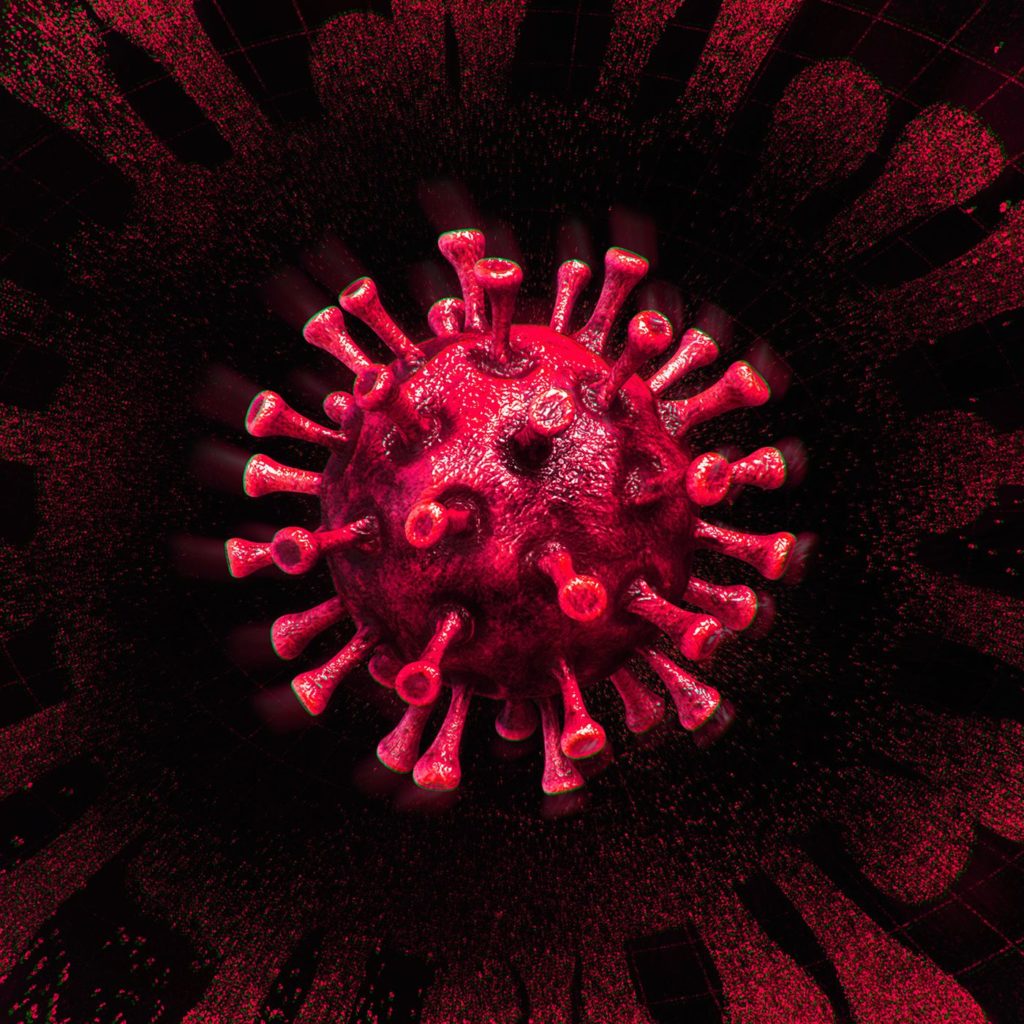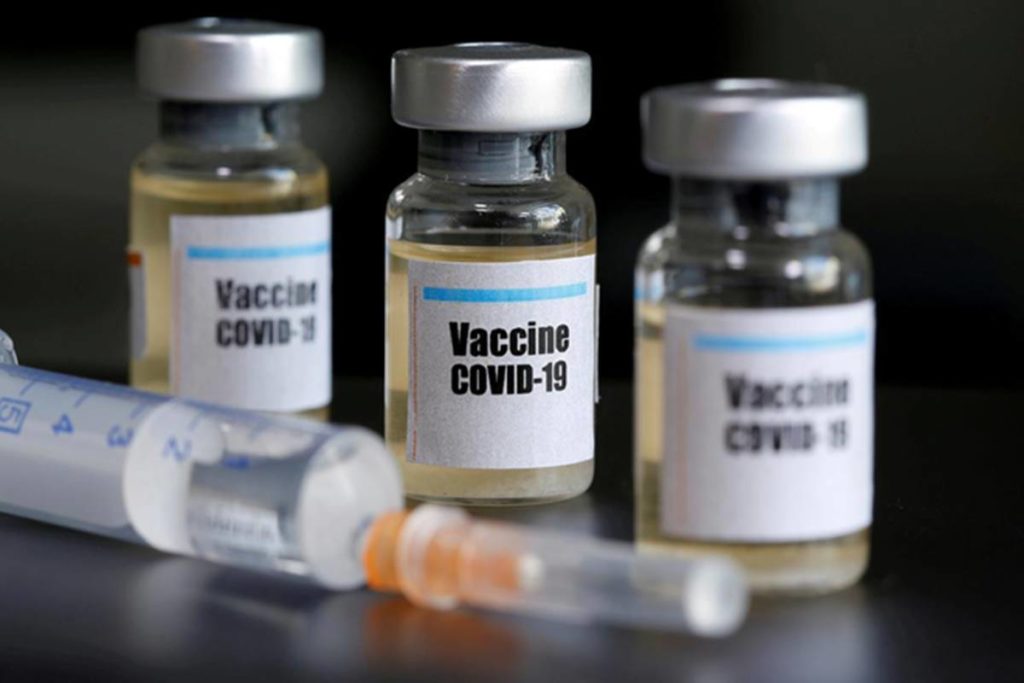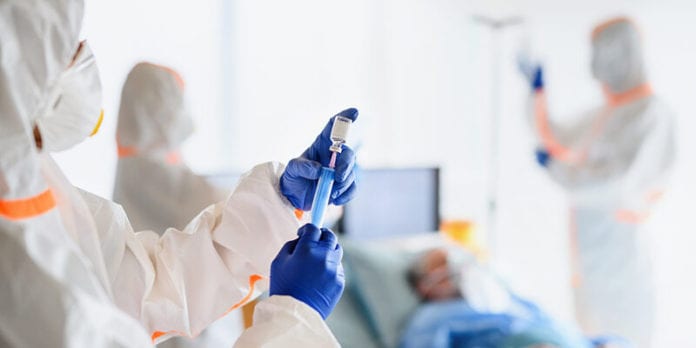According to a new study, COVID-19 may deplete testosterone levels in men. Low levels of the hormone after getting infected with the virus in men could be the cause of poor prognosis.
The research published in the peer-reviewed journal The Aging Male, conducted by experts from the University of Mersin and the Mersin City Education And Research Hospital in Turkey, says that when the testosterone level decreases in men, their chances of ending up in the Intensive Care Unit (ICU) increases.

Testosterone and COVID Treatment
Selahittin Cayan, Professor of Urology at the University of Mersin, is the lead author of the study. According to her, while it was already known that low testosterone levels might be the cause of poor diagnosis after testing positive for COVID-19, this is the first study which shows that the cause for the depletion of this hormone is COVID-19 itself.
The researchers believe that their study could help explain why treatment is worse in men than women for COVID-19, and how this can be improved by using testosterone-based treatments.
Testosterone is associated with the immune system of our respiratory organs. Hence, low levels of this hormone are likely to increase the risk of respiratory diseases. Cayan explained that the low level of this hormone is also involved with infection-related hospitalization and all-cause mortality in males who are ICU patients. So, testosterone-based treatments could be beneficial apart from the treatment of COVID-19 itself.
The Study
In the study, scientists found that as the severity of COVID-19 increased, the mean total testosterone decreased. Cayan explained that the mean total testosterone level was lower in the ICU group than in the asymptomatic group and the intermediate care unit (IMCU) group. The researchers also pointed out that the mean serum follicle-stimulating hormone level was significantly higher in the ICU group than in the asymptomatic group.
The scientists studied a total of 438 patients, out of which 232 were males. Each of them had tested positive and were confirmed to have SARS-CoV-2.

Detailed analysis of the patients’ clinical history and a complete physical examination was conducted. They also performed laboratory and radiological imaging studies in every patient. Two physicians checked and reviewed all the data of the patients. The group was divided into three groups – Asymptomatic patients (46), symptomatic patients who were hospitalized in the internal medicine unit (129), symptomatic patients who were hospitalized in the intensive care unit (ICU)(46).
The researchers found Hypogonadism, a condition in which the body doesn’t produce the necessary levels of testosterone in 51.1% of the male patients. The patients who died were found to have a lower level of the sex hormone as compared to patients who were alive. 65.2% of the asymptomatic male patients experienced a “loss of libido”.
24 patients took the pre-COVID-19 serum gonadal hormones test and scientists noted that the serum total testosterone level decreased from pre-COVID-19 levels in these patients. Death was observed in 11 of the male patients (4.97%) and 7 of the female patients (3.55%). This showed that there is no significant difference between the two genders.

Looking Further
Cayan recommended that at the time of COVID-19 treatment, testosterone levels are also tested. In men who have low levels of this hormone and who test positive for COVID-19, testosterone-based treatment could improve their prognosis. He said that more research is needed on this.
The limitations of this study were that it did not include a control group of patients with conditions other than COVID-19. It was because of the restrictions placed on the hospital they were monitoring the patients in. Future research should study the concentration levels of ACE (Angiotensin-converting enzyme 2) in relation to the total testosterone levels. ACE2 is an enzyme attached to the cell membranes of cells present in the intestines.
Further Reading:


